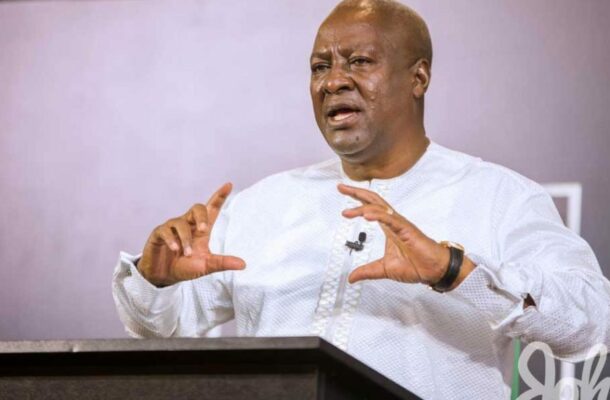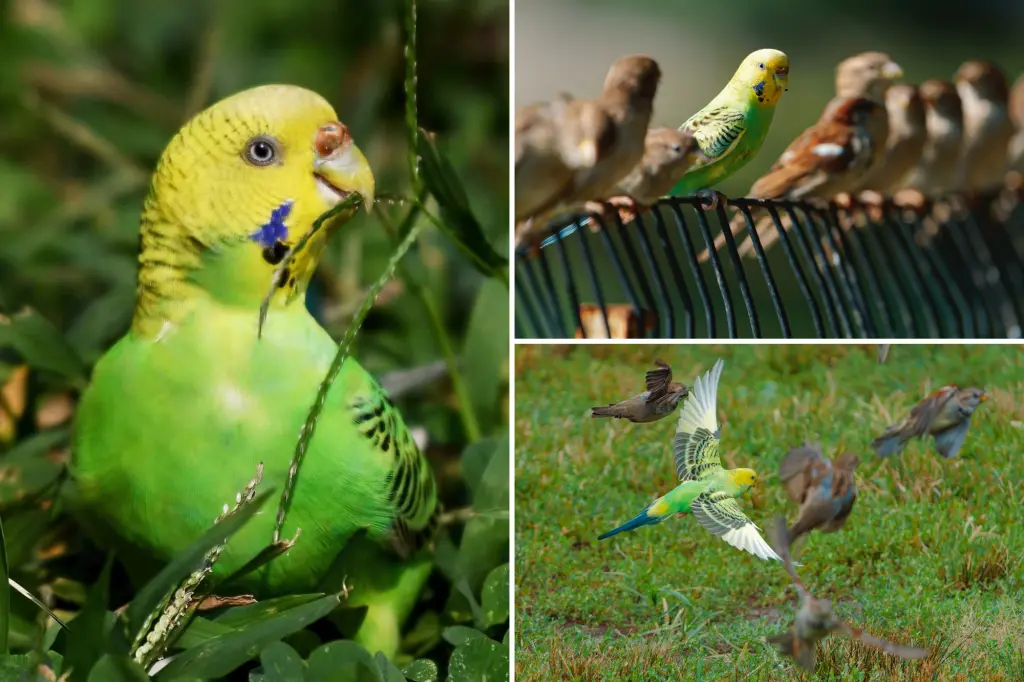By Nana Yaw Prekoh
Copyright ghanaguardian

The Christian Council of Ghana (CCG) has joined the growing chorus of national voices demanding stronger and urgent government action to combat illegal mining, popularly known as galamsey, which continues to ravage the environment and threaten livelihoods.
In a strongly worded statement issued on Sunday, September 28, the Council expressed deep concern about what it described as the “grave and irreversible damage” galamsey activities are inflicting on the nation.
The Council’s intervention comes on the back of persistent calls from other influential bodies such as the Ghana Catholic Bishops’ Conference (GCBC), the National Catholic Laity Council (NCLC), and the Ghana Coalition Against Galamsey (GCAG), all of which have urged the government to declare a state of emergency.
While the Council acknowledged President John Dramani Mahama’s recent assurances that such an emergency declaration remains an option, it emphasized that “critical action can and must be taken in the interim.” It welcomed government’s decision to designate forests and water bodies as security zones but stressed that much more must be done to halt the destruction.
The Christian Council reminded the public that it had, as far back as October 8, 2024, issued a nationwide call for a total ban on galamsey.
“Today, we find it necessary to reiterate that call,” the statement read, warning that illegal mining is not only destroying the rivers, forests, and farmlands but also putting the health and future of millions at risk.
“Once-pristine rivers are now toxic with mud and mercury; fertile farmlands have become barren wastelands; and forests—God’s sacred gifts of life and balance—are being stripped away with reckless abandon,” the Council lamented.
Environmental experts and civil society groups have long warned that galamsey poses existential risks to Ghana’s ecology and food security.
Water bodies such as the Pra, Ankobra, and Offin rivers, which once supported local communities, have turned brown and polluted beyond recognition.
Farmers in affected regions also report declining crop yields due to poisoned soils, raising fears of worsening food shortages in the coming years.
The Christian Council described the crisis as not merely environmental but also “a profound moral, social, and national security issue.”
According to the Council, galamsey entrenches poverty, diminishes human dignity, and deprives the state of vital resources.
The Council urged the government to enforce the law “without fear or favour,” insisting that those who sponsor or benefit from galamsey—irrespective of political affiliation, wealth, or social status—must be prosecuted.
“Our institutions must rise above partisanship and corruption to uphold the national interest and protect God’s creation,” the statement declared.
But the Council also emphasized that the fight is not solely the responsibility of government. It called on traditional leaders, politicians, business actors, security agencies, and ordinary citizens to reject complicity in illegal mining.
“The fight against galamsey demands the collective will, commitment, and action of the entire nation,” it noted.
Concluding its statement, the Council made an emotional appeal for unity in safeguarding the natural heritage.
“Our children and future generations deserve a Ghana where rivers run clean, farms flourish, and communities thrive in dignity and peace. May God grant us the courage, wisdom, and unity of purpose to rise together against this threat and secure the future of our beloved country.”
The statement was signed by the General Secretary of the Christian Council of Ghana, Rev. Dr. Cyril Fayose.



